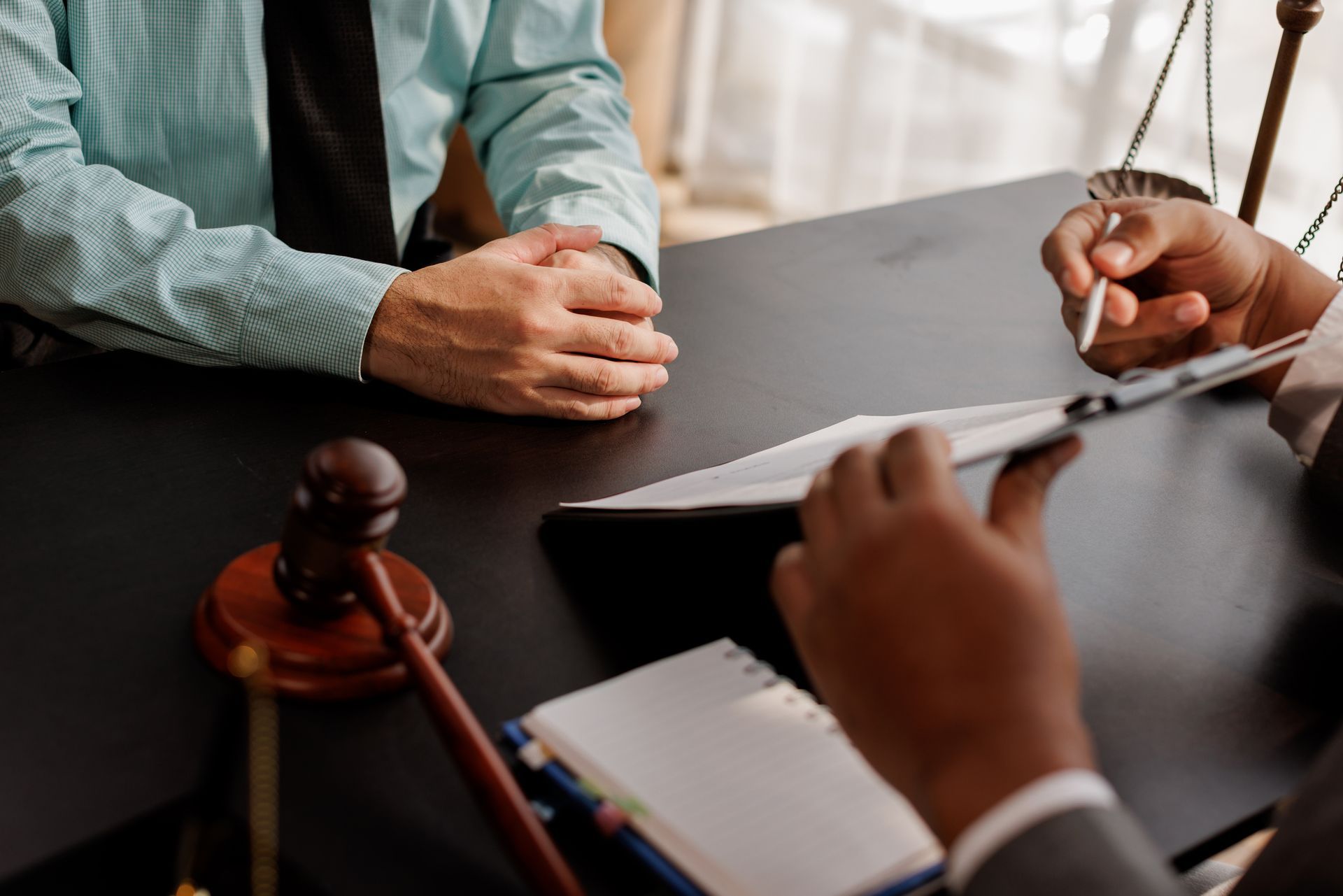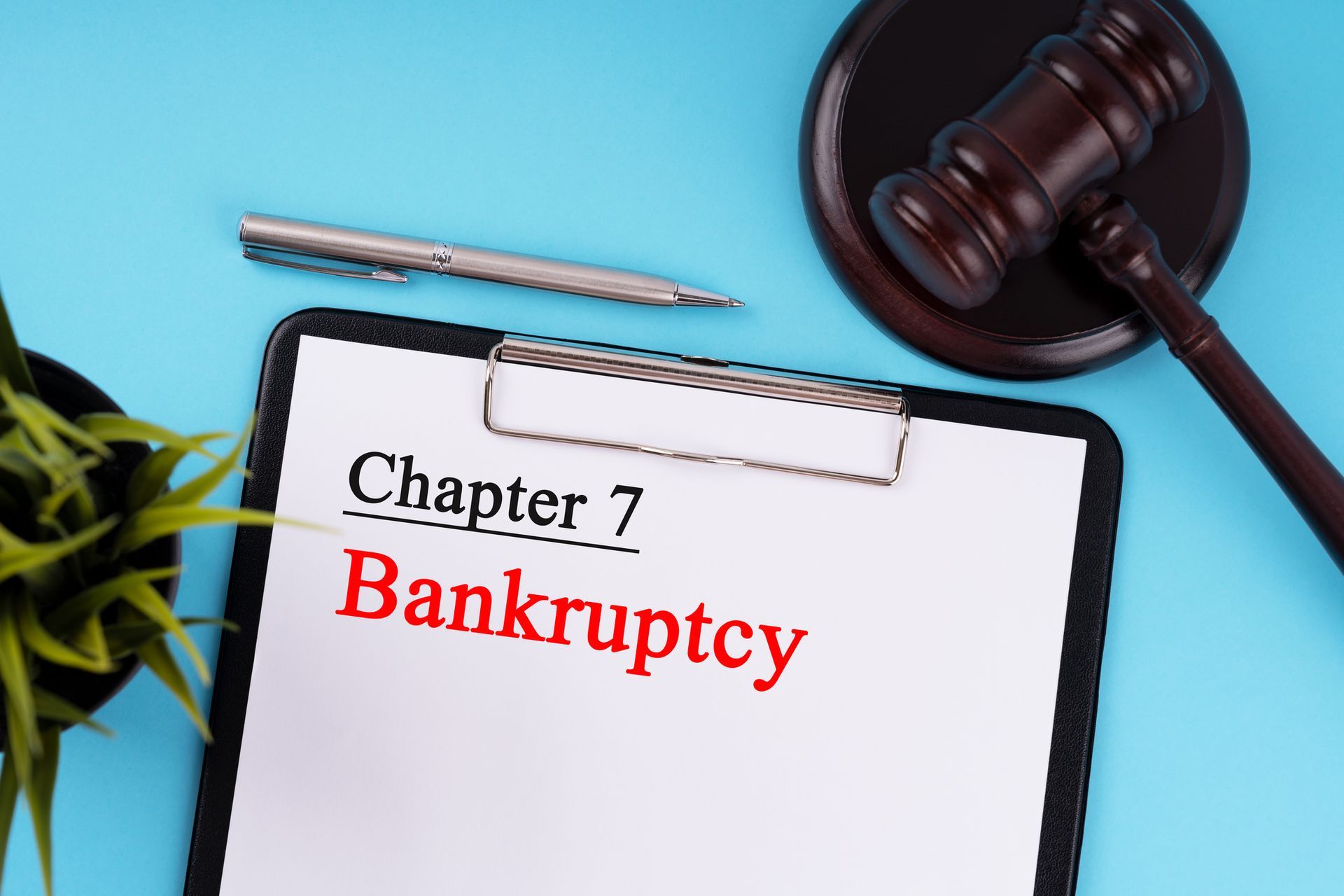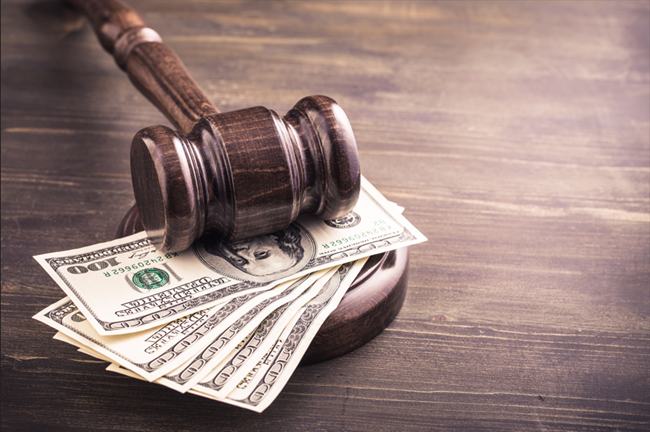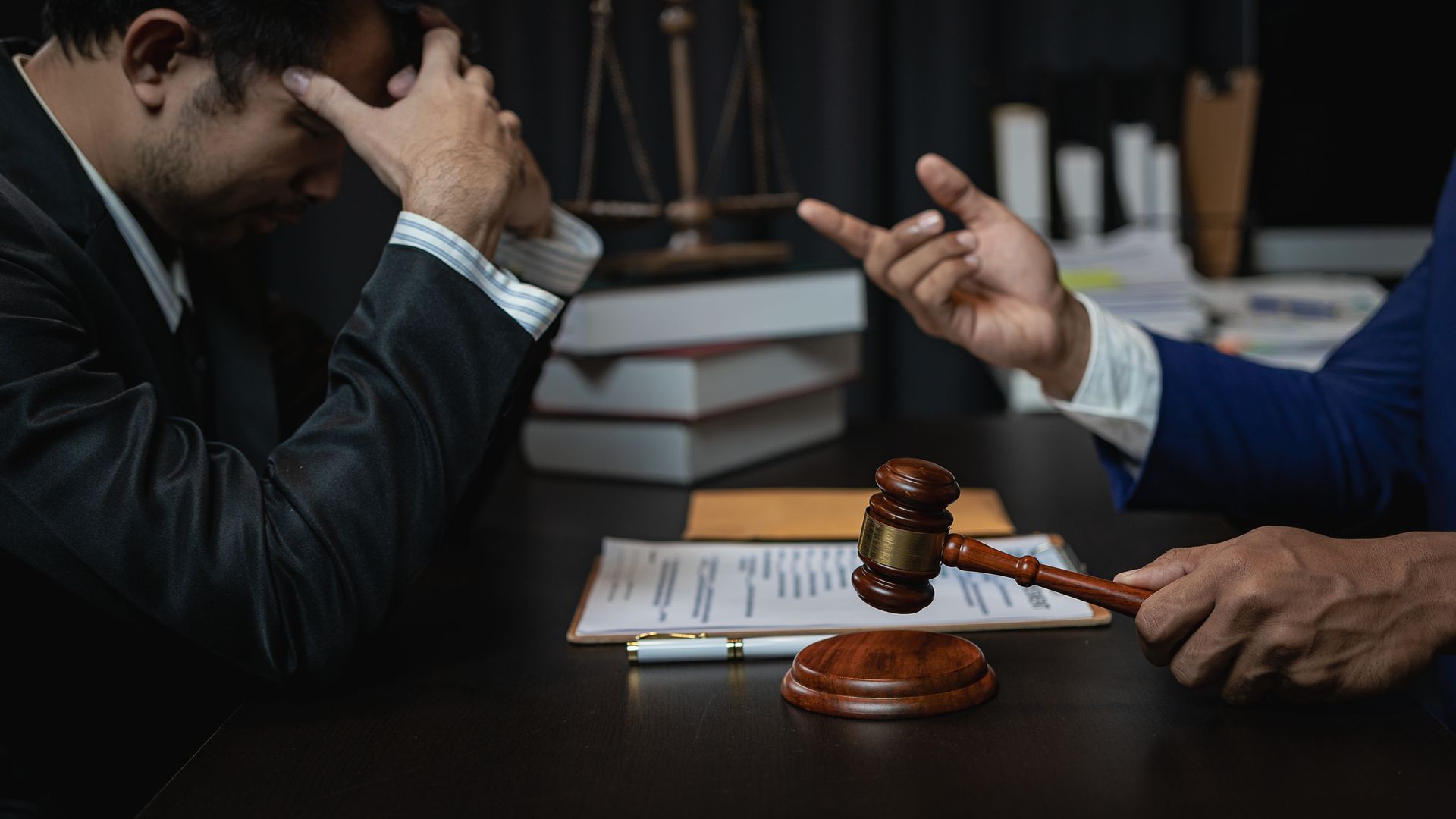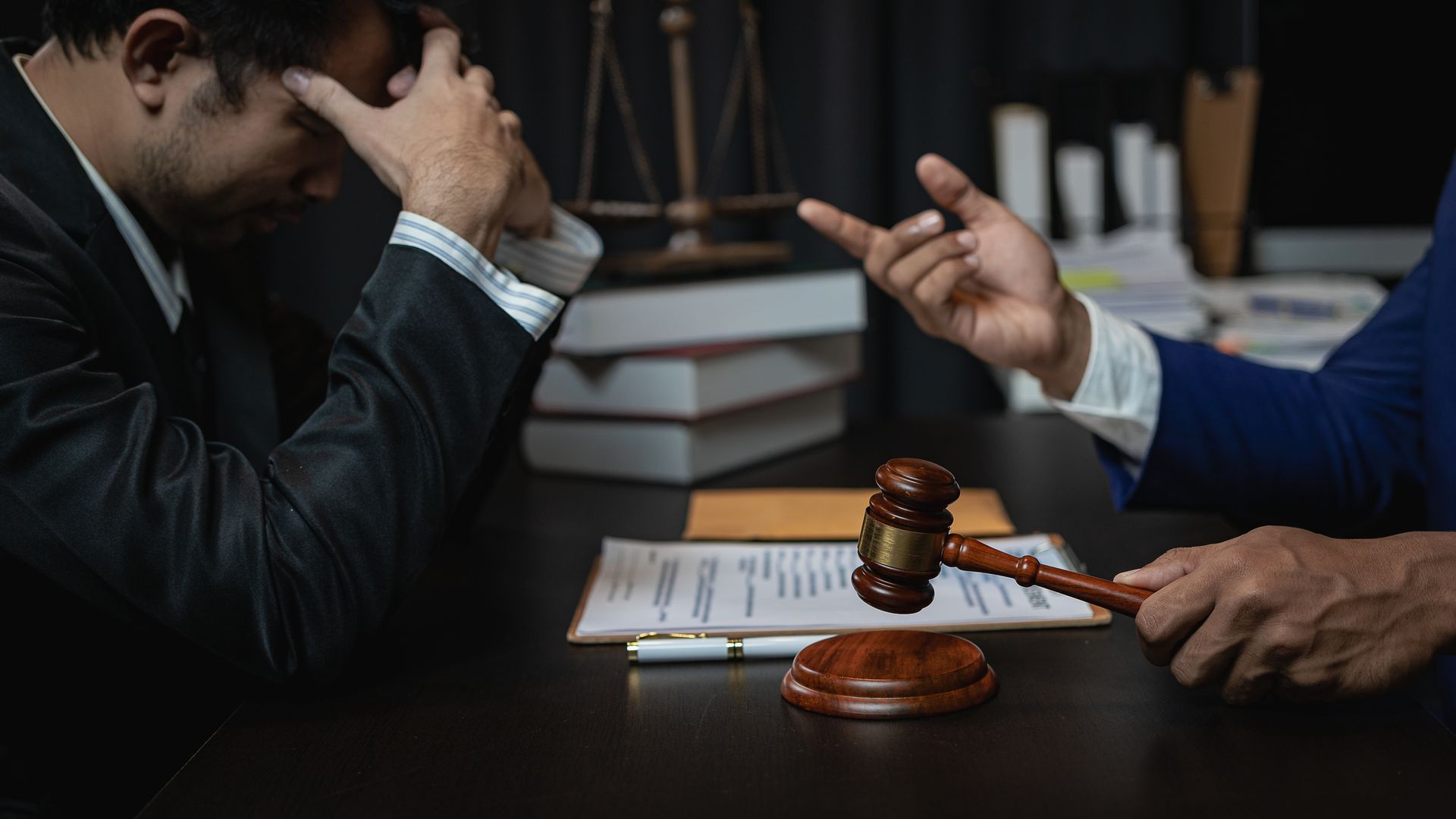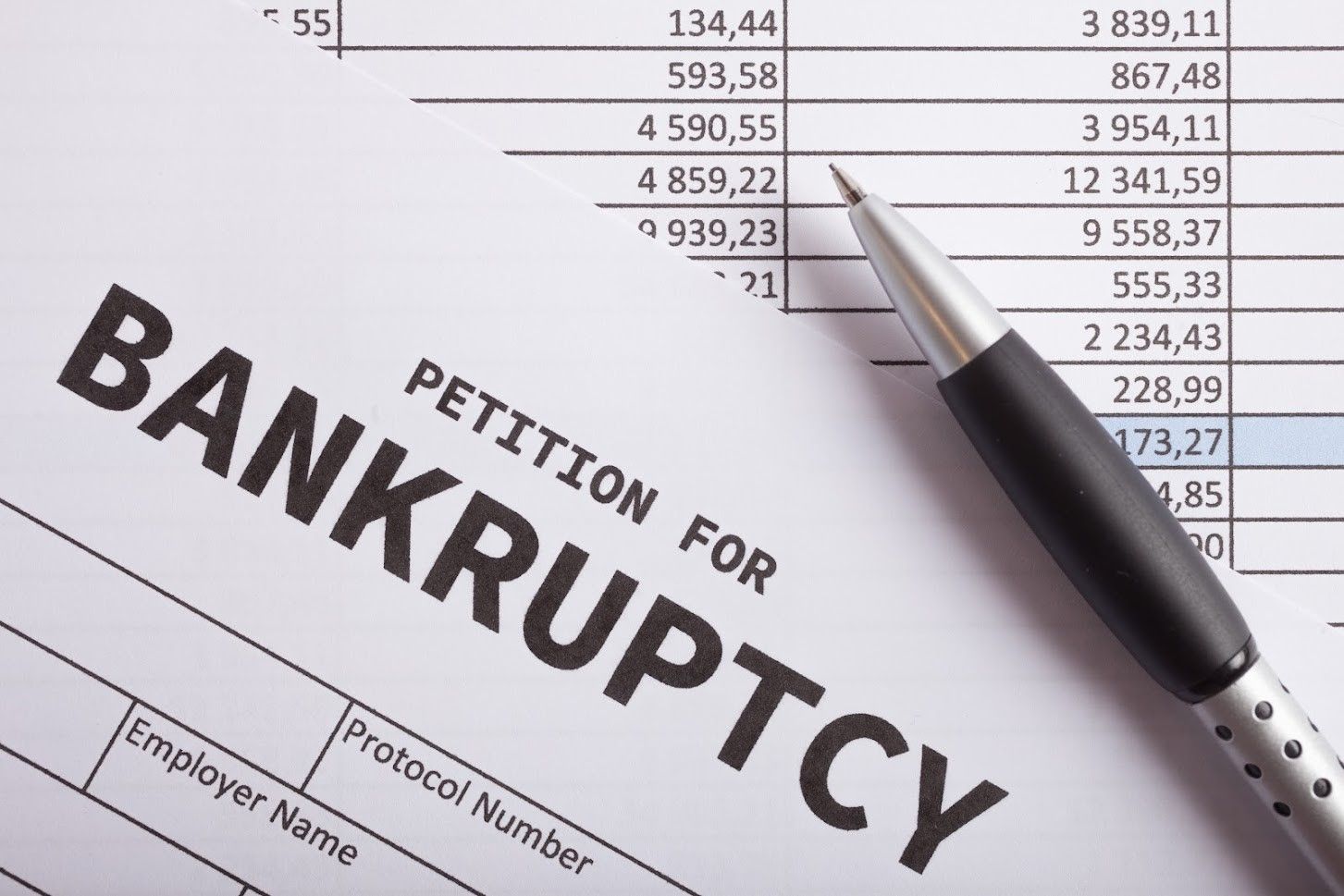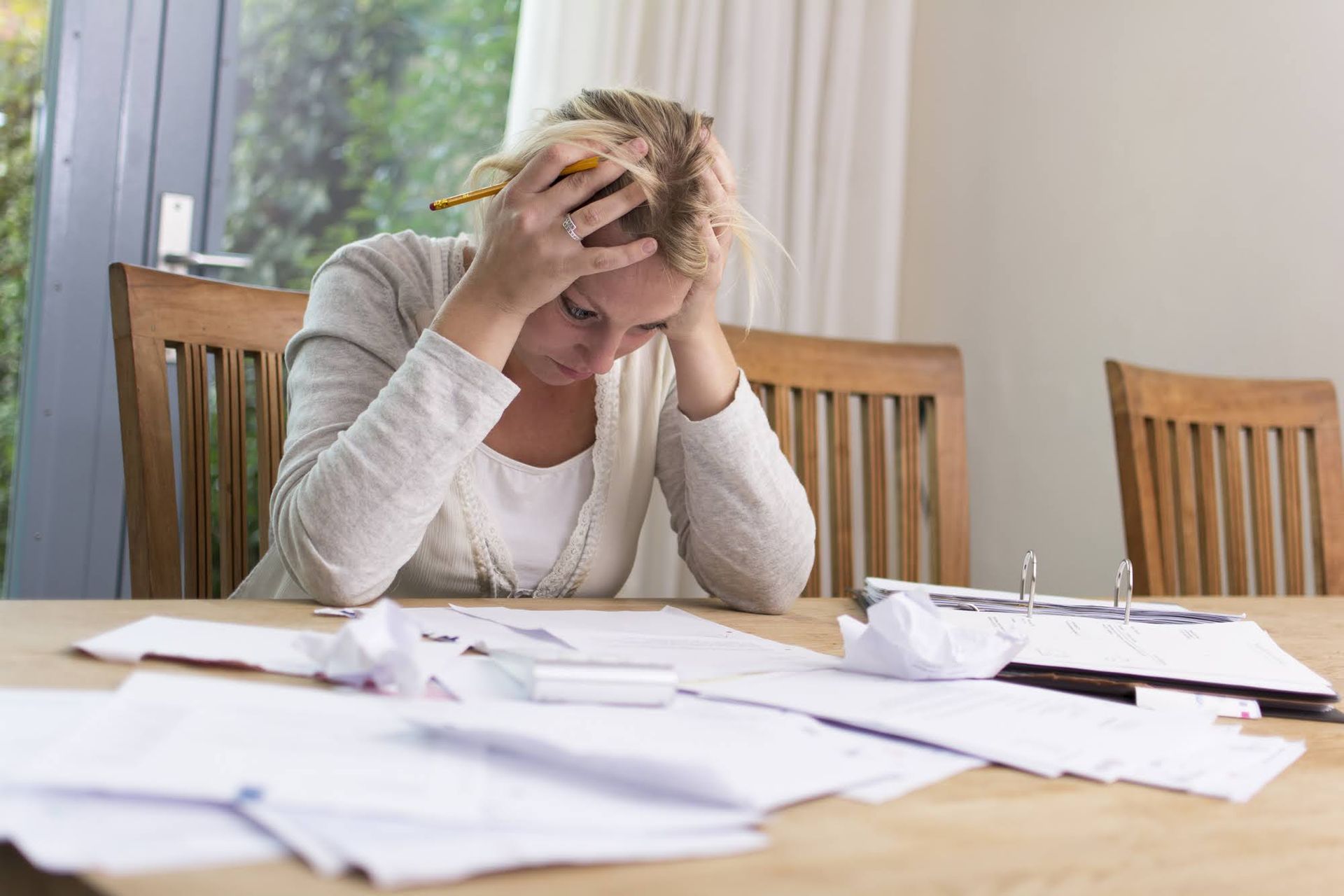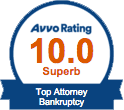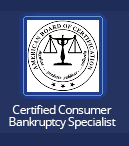Chapter 13 Bankruptcy: What to Know
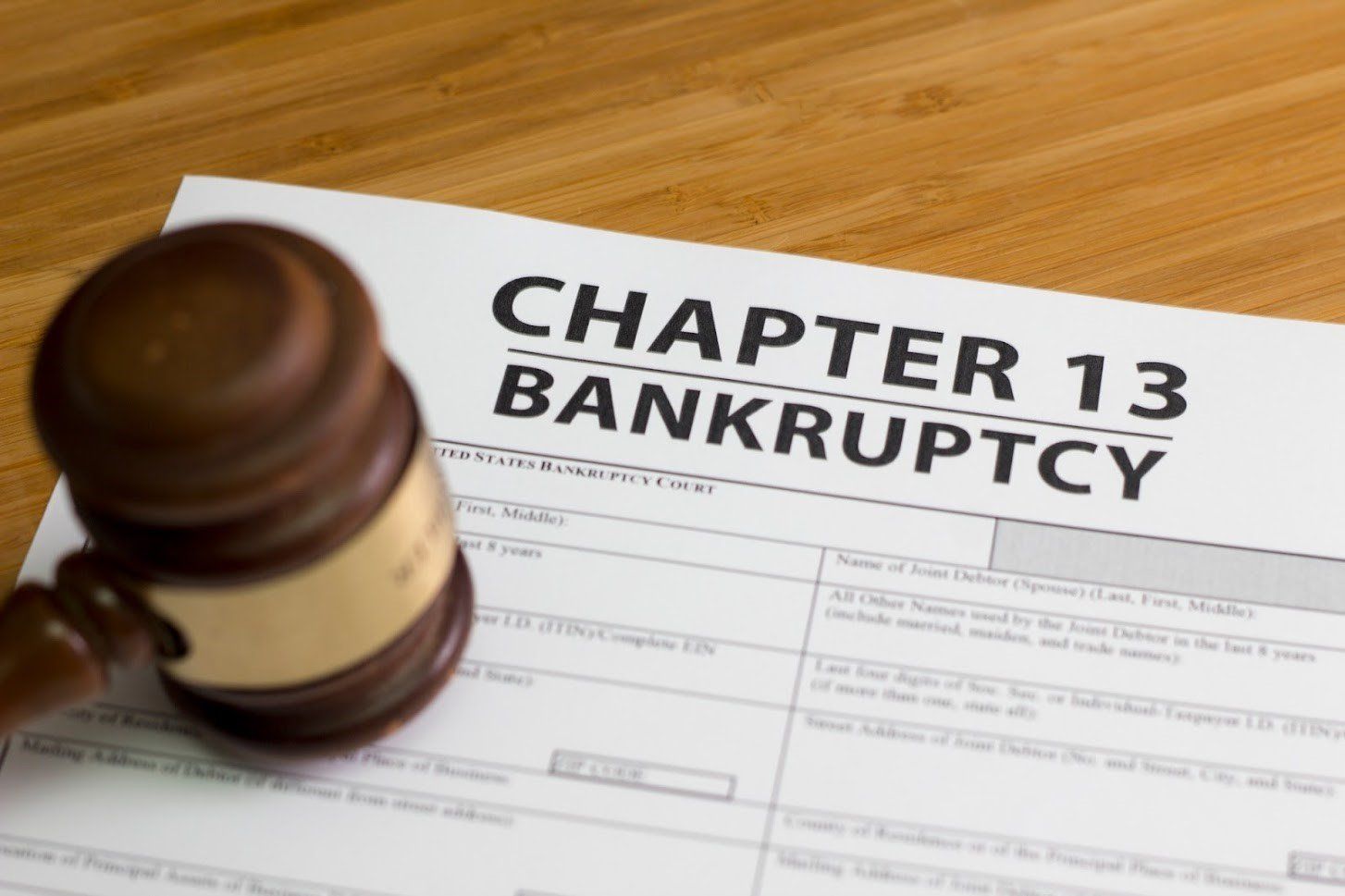
Many people struggle with debt, and bankruptcy is a way to finally get out from under all that debt. While many forms of bankruptcy exist, Chapter 7 and Chapter 13 are the most common. If you would like to know more, find out about Chapter 13 bankruptcy.
1. Who Is a Good Candidate for Chapter 13 Bankruptcy?
You may be a good candidate for bankruptcy if you have a lot of debt. You must be able to show that you do not have enough income to repay the debt. Some debt, however, is excluded from bankruptcy. This includes school loans, past taxes, or child support. However, if you have lots of debt from credit cards, loans, home loans, and medical bills, you could be a good candidate for bankruptcy.
If you want to file for Chapter 13 bankruptcy, you'll need to show that you do have a steady source of income, are current on your taxes, or haven't filed for bankruptcy recently, and you must not exceed dollar limits on secured and unsecured debt.
2. How Does Chapter 13 Differ From Chapter 7?
The main difference between Chapter 13 and Chapter 7 bankruptcy is the repayment plan. With Chapter 7 bankruptcy, you keep your important assets like your main vehicle, but you'll have to sell off anything else that is valuable such as a second vehicle or property. Depending on your situation, you may or may not be allowed to keep your home.
If you have more assets you want to keep, such as a house or multiple cars, you may want to consider Chapter 13. With Chapter 13, you don't have to sell anything, but you will have to reorganize your repayment plan. Typically, the repayment plan lasts three to five years, and you will lose your tax returns for most of those years. The tax returns help repay the debt.
3. Do You Have to Repay the Full Amount You Owe?
When you file for Chapter 13 bankruptcy, you include all your debt into the repayment plan. This includes debt for which you aren't filing bankruptcy, such as your school debt. The mortgage, however, is often excluded. When you pay, the money is divided to pay the various bills. With priority debt, such as your mortgage, tax obligations are paid in full.
You don't have to fully repay your unsecured debt, which includes loans or credit cards. You will have to make sure all your disposable income goes toward the debts, and the amount you pay in total depends on how much you can afford. Ultimately, however, creditors will receive as much as or more than what they would have received if you filed for Chapter 7 bankruptcy.
4. What Happens After the Repayment Plan Is Complete?
Once the repayment plan is complete, your attorney will stop any automatic withdrawals from your paycheck. Even if you didn't repay all the debt, you no longer must keep paying the unsecured debt. You will have to start repaying your own secured and priority debt again on your own, such as your car loan and school loan.
Chapter 7 bankruptcy remains on your credit report for 10 years, and Chapter 13 bankruptcy remains on your credit report for seven years, but that includes the years during the repayment plan. So, after repayment, you may only have two more years with the bankruptcy on your credit report. You can start rebuilding your credit by paying bills on time and in full.
Bankruptcy can be scary, but it can also be the thing you need to finally take financial control of your life. With Chapter 13, you create a repayment plan, which allows you to keep more assets. If you would like to know more, contact us at Charles J Schneider PC today.

